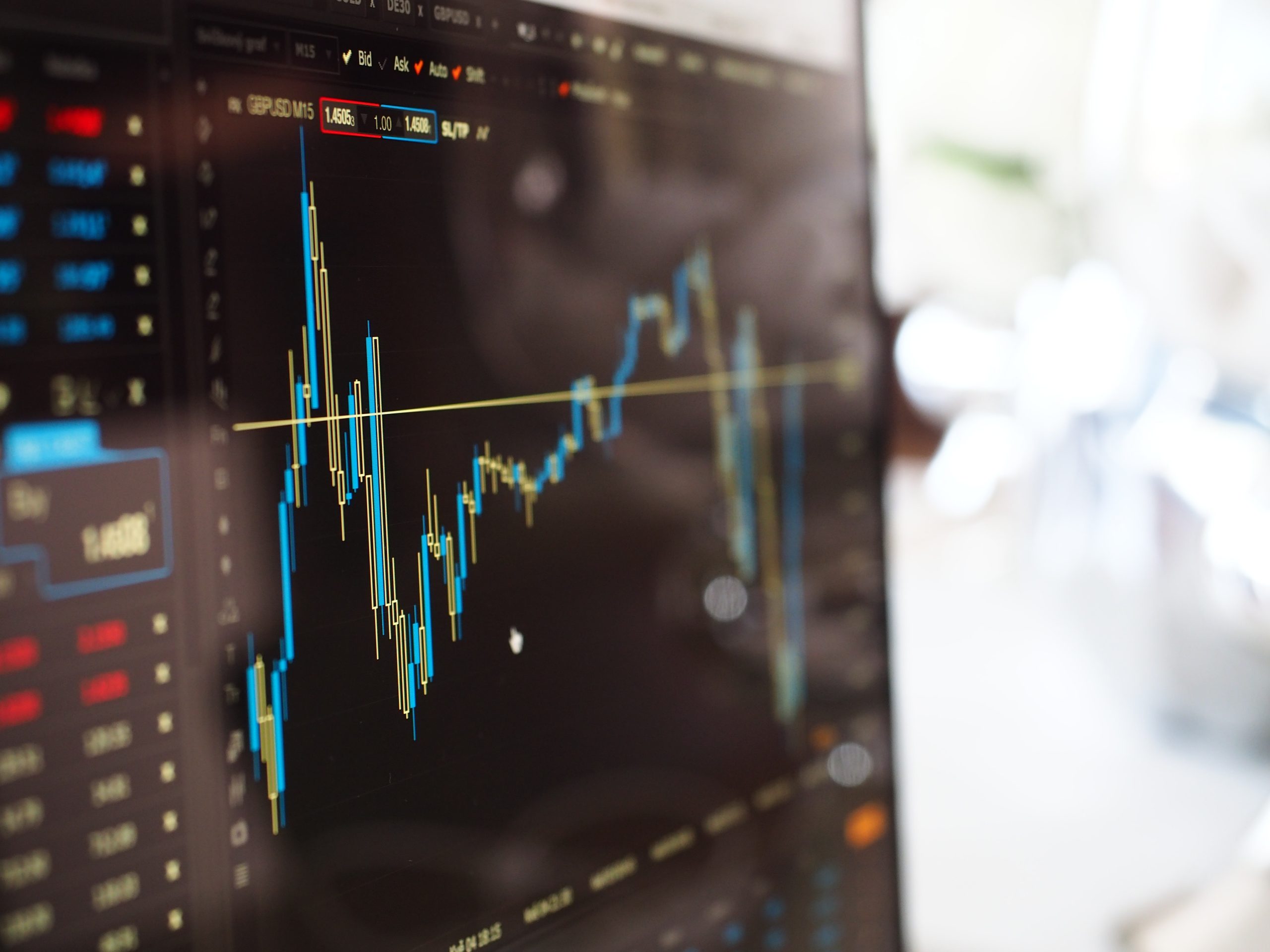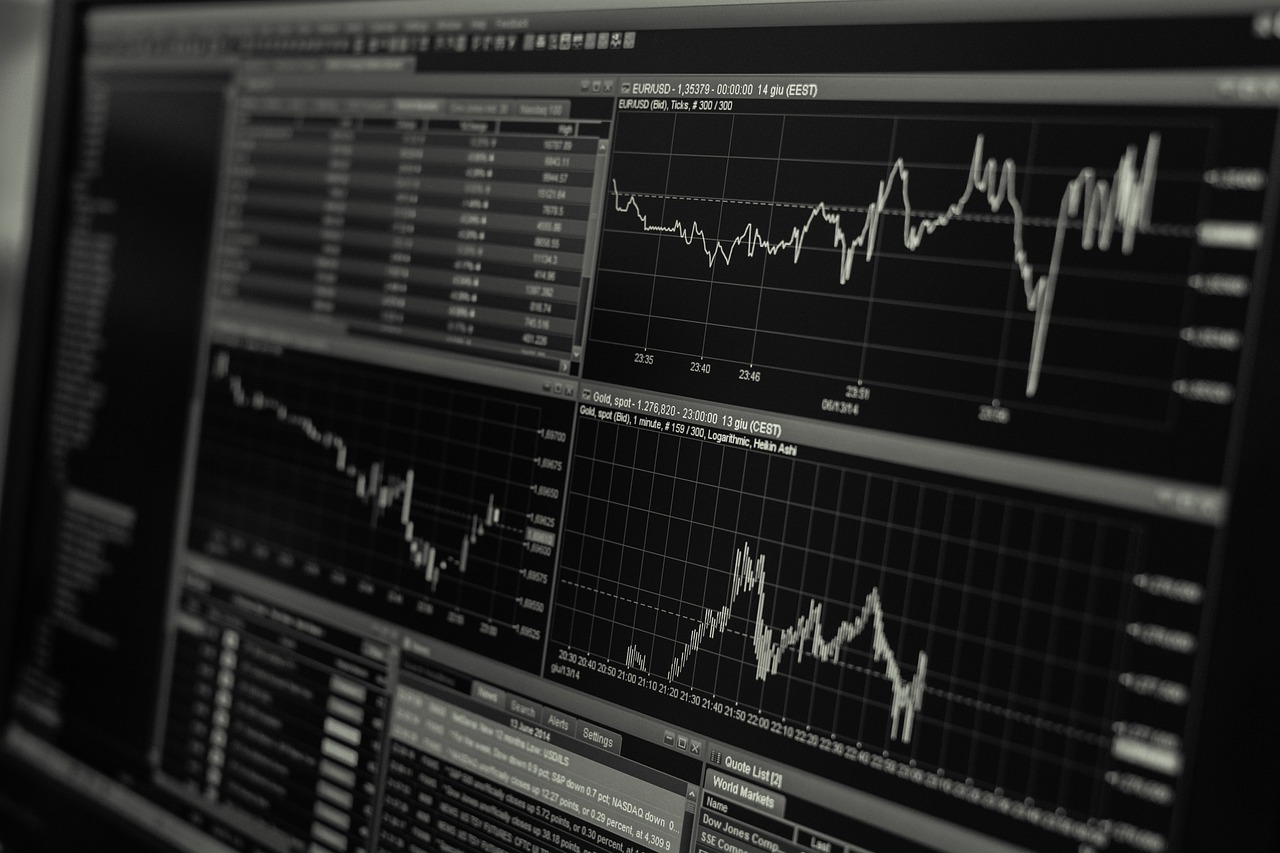It was a day of uncertainty for US stocks, as the markets plummeted at their worst rate since February due to worries that interest rates may be on the rise. The Dow Jones Industrial Average closed down 2.5%, while the S & P 500 and Nasdaq Composite both lost around 1%. These losses come after weeks of record highs and unprecedented investor confidence in the stock market. Although it may be too early to tell what exactly caused this sudden downturn, investors have expressed concern over an increase in interest rates and an overall decrease in consumer spending. In this article, we will take a closer look at what happened today, why it matters, and what’s next for the stock markets.
The stock market’s reaction to the potential rate increase
The news of a potential interest rate increase from the Federal Reserve sent shockwaves through the stock market, with the Dow Jones Industrial Average falling more than 400 points, or 2.1%, on Wednesday. This was the market’s worst day since early February, and it came as a surprise to many investors who were expecting rates to stay unchanged in the near future.
The Fed’s announcement came after several weeks of strong economic data that suggested that the U.S. economy was finally starting to gain some momentum after a sluggish start to the year. However, Fed chair Janet Yellen said that while the economy had improved, it was still not growing fast enough to warrant an increase in rates. This decision disappointed many investors who were hoping for a rate hike sooner rather than later.
The stock market had been pricing in a rate hike for December, but now it seems like that is off the table. This could mean more volatility in the markets in the coming months as investors adjust their expectations for when rates will finally go up.
What a rate increase could mean for the economy
A rise in interest rates could have a number of impacts on the economy. For one, it could make it more difficult for consumers to borrow money for things like cars and homes. This could lead to a decrease in spending, which would in turn slow down economic growth. Additionally, a rate increase could cause the stock market to decline, as investors sell off shares in order to avoid losses. This could have a ripple effect on the economy, as businesses suffer from decreased profits and workers face layoffs. In short, a rise in interest rates could have far-reaching consequences for the economy that are difficult to predict.
How a rate increase would affect consumers
A interest rate increase would affect consumers by making the cost of borrowing money more expensive. This would cause people to cut back on their spending, which would in turn hurt the economy. The stock market would likely also fall, as investors would be worried about the impact of higher rates on company profits.
The possibility of a recession
The possibility of a recession has led to worries among investors and has caused US stocks to plummet. A rate increase would be one of the main causes of a recession, as it would lead to higher interest rates and inflation. This would cause consumers to spend less, leading to a decrease in demand for goods and services. Additionally, a recession would lead to job losses and an increase in the number of people defaulting on their loans. All of these factors would have a negative impact on the US economy and could lead to a recession.
Conclusion
The US stock market had its worst day in two months today, as fears of an impending rate increase sent stocks plummeting. Investors are now nervously watching the Federal Reserve for clues on what might be next for interest rates and the financial markets. This could cause further volatility in the coming weeks, so it is important to stay informed about any changes that may occur. By learning more about economic conditions and staying up-to-date with news from the Fed, investors can make smarter decisions and hopefully avoid such losses in future days.










